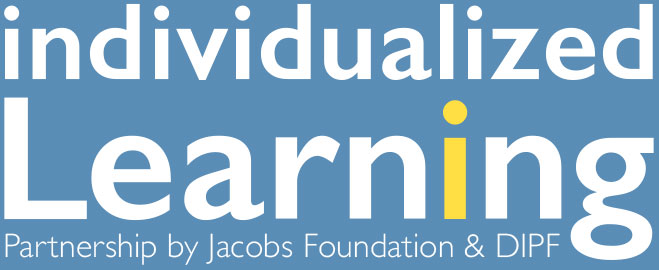Project DeSign
Dynamics of Students’ Self-Regulation and Interrelations with Experienced Teaching Quality
The DeSign project investigates the interaction between the quality of teaching perceived during a lesson and the change in self-regulation within students.
Project Description
Some students find it easy to pay attention and follow the classroom rules. Others, however, have difficulty doing so. These two types of students differ in their self-regulation.
Self-regulation refers to an individual’s ability to control his or her thoughts, feelings and actions in a way that supports the pursuit of long-term objectives, such as academic ones. Studies have shown in the past that differences in self-regulation between students explain differences in academic performance. They thus underlined the importance of self-regulation in the school context. Furthermore, it is assumed that self-regulation within students varies over time and in response to current situations. In the school context, however, it is not yet clear how self-regulation within students changes in response to the quality of teaching perceived during a lesson.
The DeSign project therefore investigates the interplay between the quality of teaching perceived during a lesson and the change in self-regulation within students. It also takes into account differences in self-regulation between students. Thus, the project aims to contribute to answering the question what constitutes good teaching from the perspective of individual students.
Principal Investigator
Friederike Blume
Selected Publications
Blume, F., Göllner, R., Moeller, K., Dresler, T., Ehlis, A.-C., & Gawrilow, C. (2019). Do students learn better when seated close to the teacher? A virtual classroom study considering individual levels of inattention and hyperactivity-impulsivity. Learning and Instruction.

